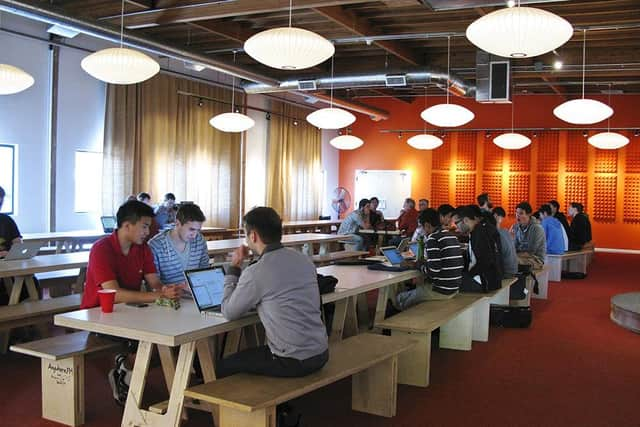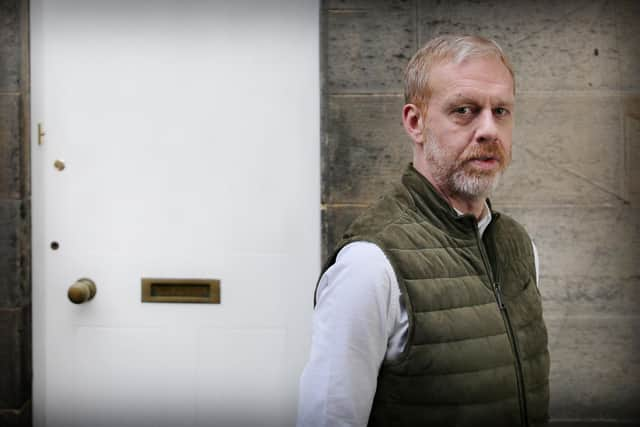Scotland’s tech ecosystem needs startup growth - Nick Freer
In his talk - ‘The Tech Ecosystem Graphic Equalizer and What is a “Tech Scaler”?’ - Drost reminded the audience that while the term “startup” was first coined in the 1930s by British botanists Arthur Roy Clapham and Sir Arthur George Tansley, it wasn’t until the early Nineties that the term mapped over to the business world.
Writing for the Harvard Business Review in 1993, James Moore penned a piece, ‘Predators and Prey: A New Ecology of Competition’, in which he set out a new metaphor for competition drawn from the study of biology and social systems. Moore suggested that a company be viewed not as a member of a single industry, but as a part of a business ecosystem that crosses a variety of industries. In a business ecosystem, companies “co-evolve” around a new innovation, working cooperatively and competitively to support new products and satisfy customer needs.
Advertisement
Hide AdAdvertisement
Hide AdFrom Moore’s paper: “Successful businesses are those that evolve rapidly and effectively. Yet innovative businesses can’t evolve in a vacuum. They must attract resources of all sorts, drawing in capital, partners, and suppliers.”


In a blog posted on Medium in 2019, Snap Inc’s Joseph Darko wrote: “Think of any strong and thriving regional tech ecosystem and you will more than likely see all six entities play a major role: a strong developer community, accelerators and tech hubs, tech focused startups, established businesses and companies, engagement and connection, and universities and schools.”
After referencing venture capitalist and entrepreneur Paul Graham’s 2006 essay ‘How to be Silicon Valley’, in which Graham stated, “I think you need two kinds of people to create a technology hub: rich people and nerds”, CodeBase’s Drost suggested that in 2022 there are “different focal points” when you talk about ecosystems, including around ethics, diversity, inclusivity, social impact, and sustainability.
If Drost has a metaphor of his own, it is what he describes as the “graphic equaliser”. If you think of a graphic equaliser, there are different dials with which you can adjust sound and frequency. Put in simpler terms, you could turn up the drums, or turn down the bass.
On the display of Drost’s graphic equaliser, the dials show startups, the state, academia, agencies, big corporations, and investors. In every ecosystem, these moving parts play lesser or more important roles. By way of a crude example, in North Korea the dial is turned right up when it comes to state involvement, and turned all the way down on startups and investors.


In Scotland, the role of government is still important, but not in a dominant way, we have world class universities, but the dials are down fairly low when you look at the number of startups we are producing.
The collective hope is that the tech scaler initiative will help lay the ground for the transformation of Scotland’s tech ecosystem. You can hear Steven Drost talk more eloquently on the subject, compared to my second hand account, over on his Startupification podcast.
Nick Freer is the founding director of strategic corporate communications agency the Freer Consultancy
Comments
Want to join the conversation? Please or to comment on this article.